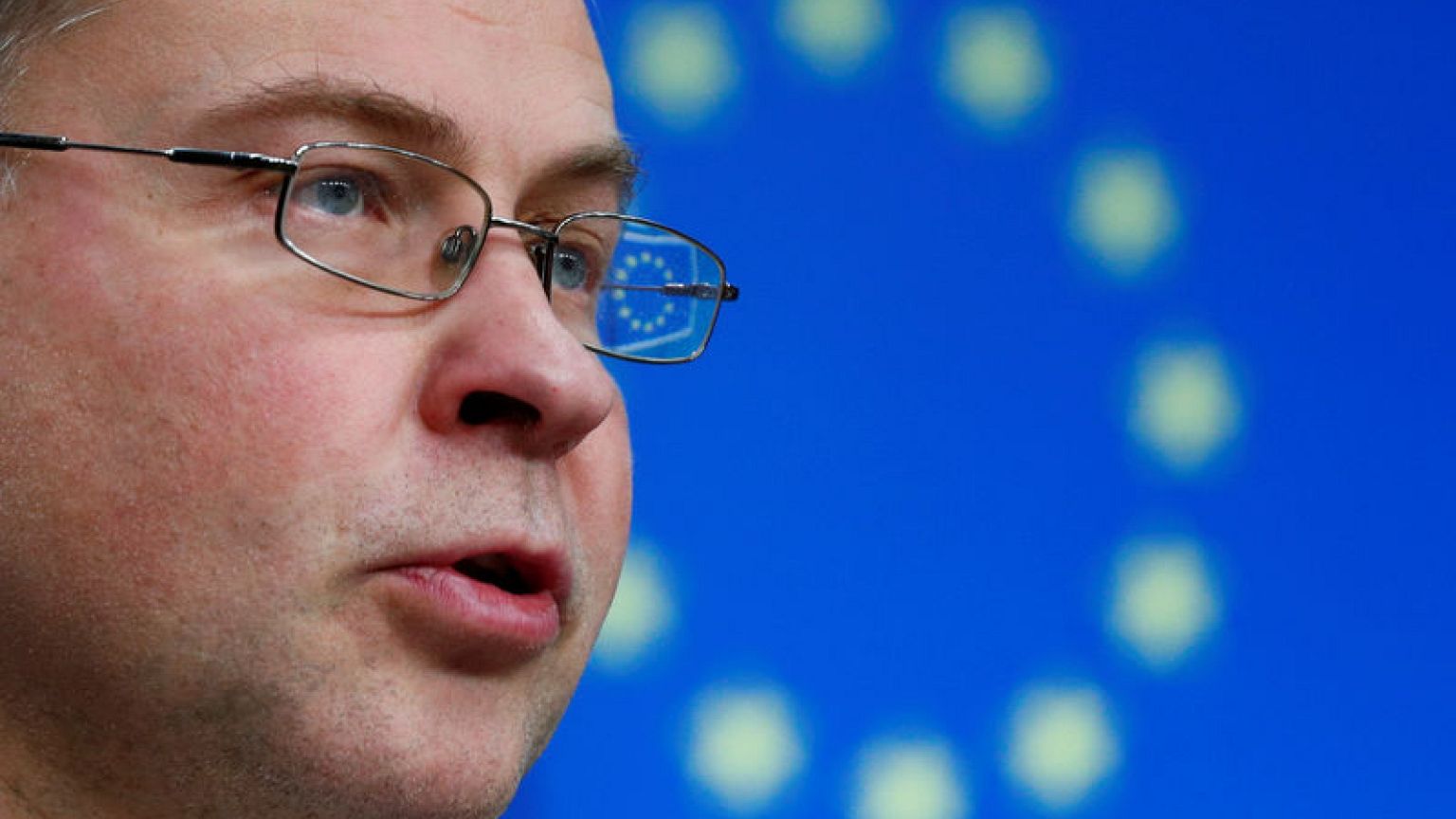EU adds UAE, Bermuda to expanded tax haven blacklist
By Francesco Guarascio
BRUSSELS (Reuters) - European Union governments adopted a broadened blacklist of tax havens on Tuesday, adding the United Arab Emirates and British and Dutch overseas territories in a revamp that tripled the number of listed jurisdictions.
The 28-nation EU set up the blacklist in December 2017 after revelations of widespread tax avoidance schemes used by corporations and wealthy individuals to lower their tax bills.
EU finance ministers added 10 jurisdictions to the updated list. They are: the Dutch Caribbean island of Aruba, Barbados, Belize, the British overseas territory of Bermuda, Fiji, the Marshall Islands, Oman, the United Arab Emirates, Vanuatu and Dominica.
They join Samoa, Trinidad and Tobago, and three U.S. territories of American Samoa, Guam, and the U.S. Virgin Islands who were already on the blacklist.
Blacklisted states face reputational damages and stricter controls on transactions with the EU, although no sanctions have yet been agreed by EU states.
Jurisdictions are blacklisted if they have shortfalls in their tax rules that could favour tax evasion in other states. Those who commit to change the rules by a set deadline are removed from the list.
Bermuda Premier David Burt said in a statement that the island was compliant with EU standards and feared no damage to its reputation.
The UAE said it regrets the EU's decision and that it has shared with the bloc a detailed plan of the action it is currently implementing, state news agency WAM reported.
"This inclusion was made despite the UAE’s close cooperation with the EU on this issue and ongoing efforts to fulfil all the EU’s requirements," WAM said.
"The UAE remains firmly committed to its long-standing policy of meeting the highest international standards on taxation, including the OECD’s requirements, and will continue to update its domestic legislative framework in this regard."
Most of the so-called non-cooperative jurisdictions on tax matters are small Caribbean and Pacific islands, which rely on tourism and off-shore arrangements that supporters consider crucial for global finance.
They were given about a year to change tax rules, but have so far not done so, EU officials said.
EU tax commissioner Pierre Moscovici said the listing process was a great success because it had pushed dozens of countries to abolish "harmful tax regimes".
Tuesday's decision came despite opposition by some EU states to some listings.
Just before ministers met on Tuesday, the chair of the meeting, Romanian Finance Minister Eugen Teodorovici, told reporters he expected the decision to be delayed to May, surprising many EU officials who believed a deal was close.
Decisions on tax matters require the backing of all the 28 EU member states.
Pressure from the United States, Saudi Arabia and Panama prompted EU governments to block last week another blacklist of countries that show deficiencies in countering money laundering and terrorism financing.
EU documents seen by Reuters show that Italy and Estonia objected to the new tax haven list, as they opposed the inclusion of the United Arab Emirates.
But Italy's objections fell away on Tuesday as Rome obtained guarantees that the UAE would be removed from the list once it adopted legislation that would make it compliant with EU tax standards.
Last week Britain lifted its veto on the listing of its overseas territory of Bermuda, the documents show.
The Netherlands also declined to use their veto over Aruba.
The EU blacklist originally comprised 17 jurisdictions, including the UAE, but shrank to five after most listed states committed to change their tax rules.
(Reporting by Francesco Guarascio; additional reporting by Rania El Gamal in Dubai; Editing by Alastair Macdonald, Philip Blenkinsop and Mark Heinrich)


















